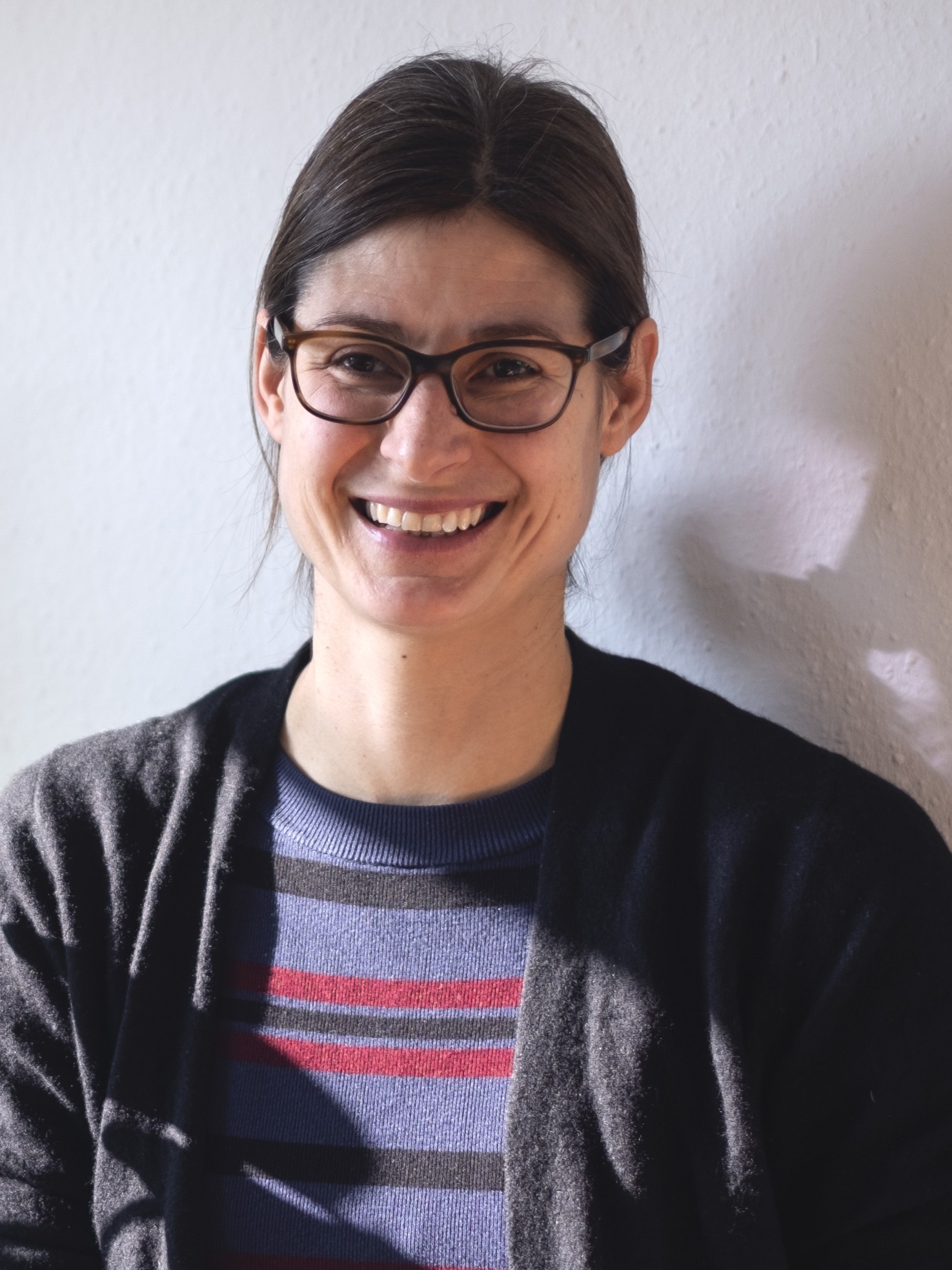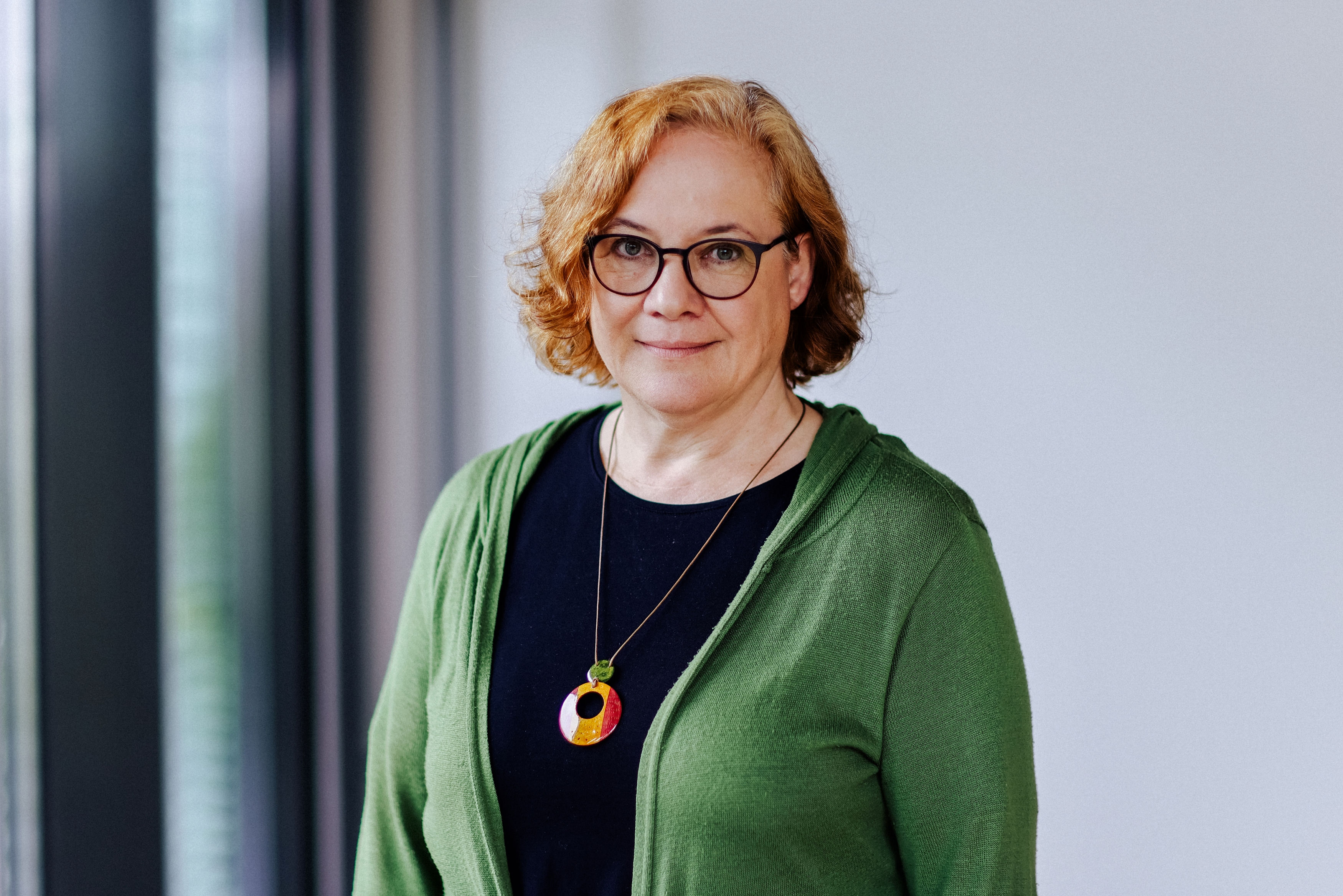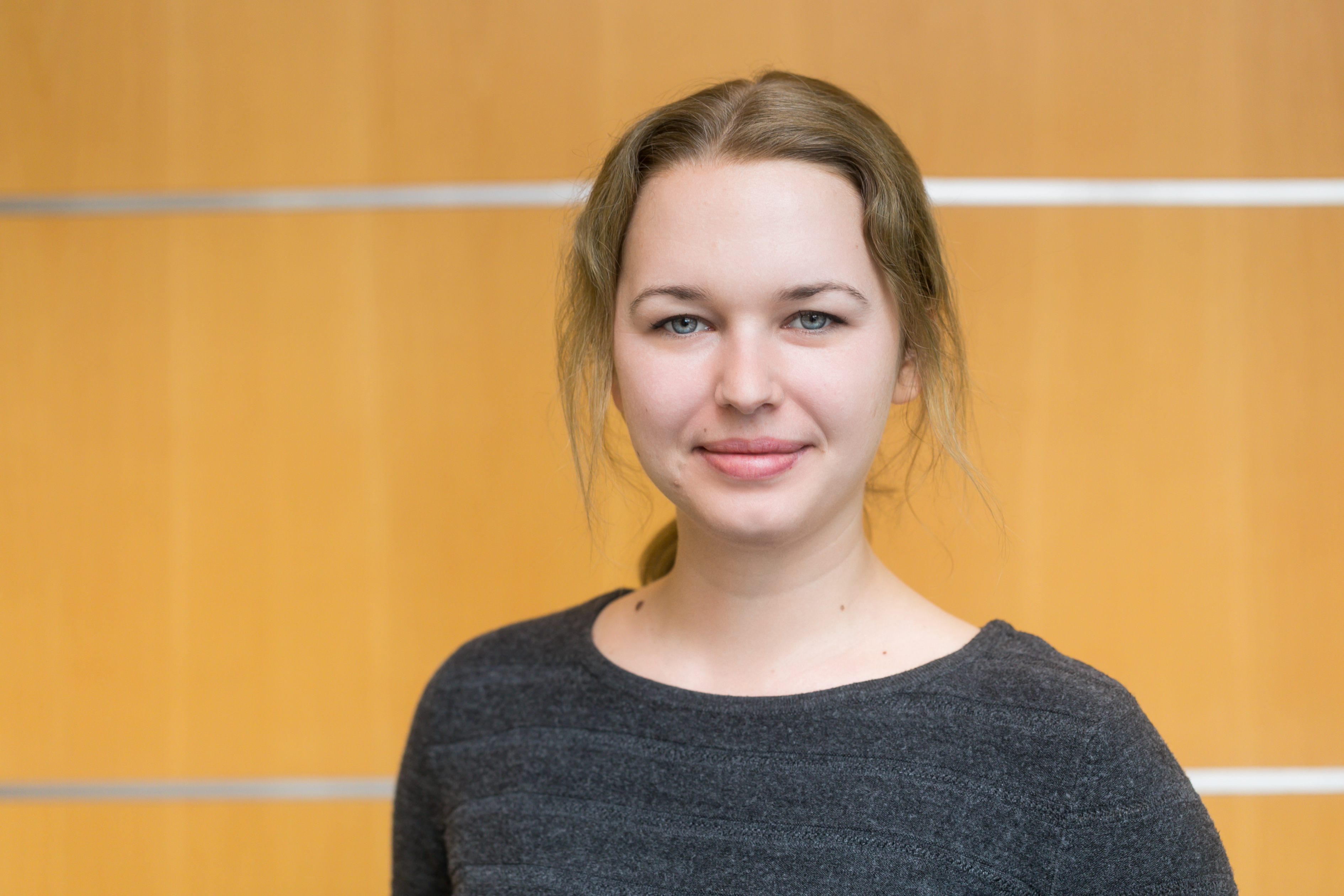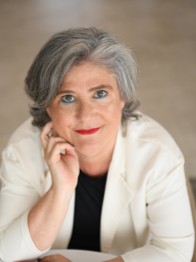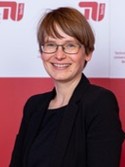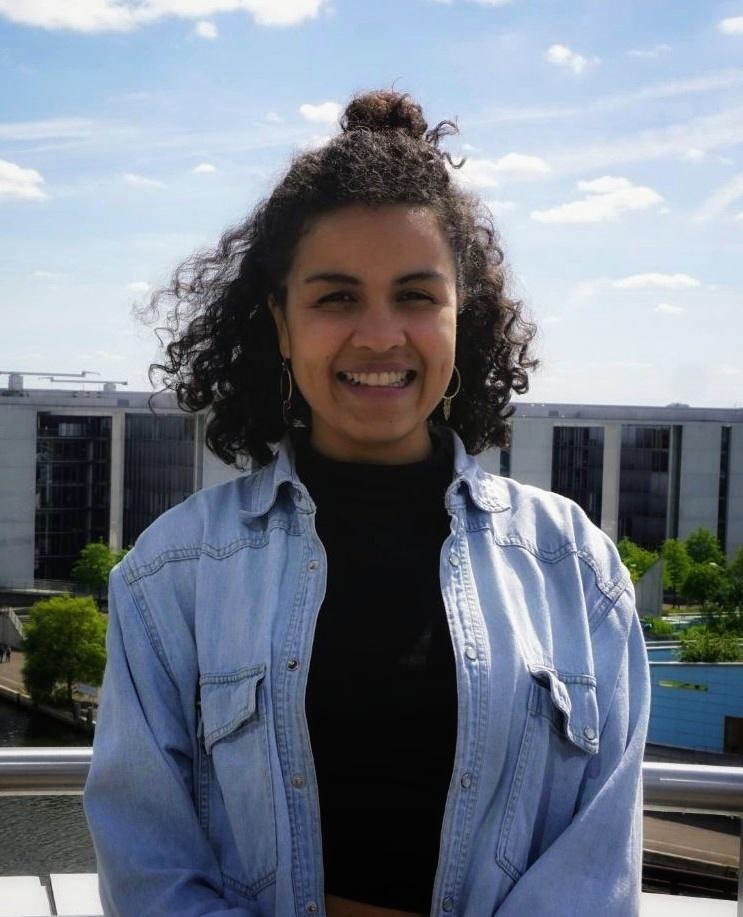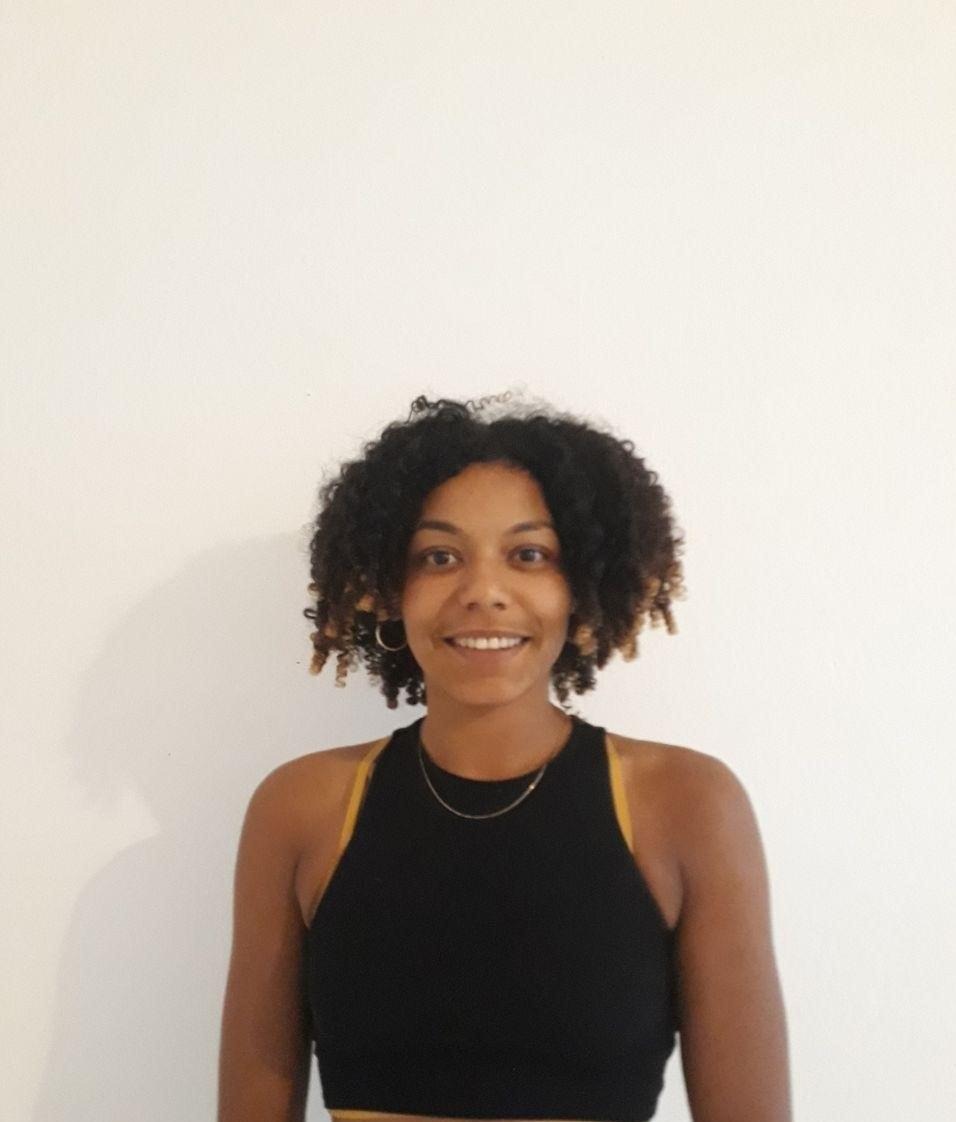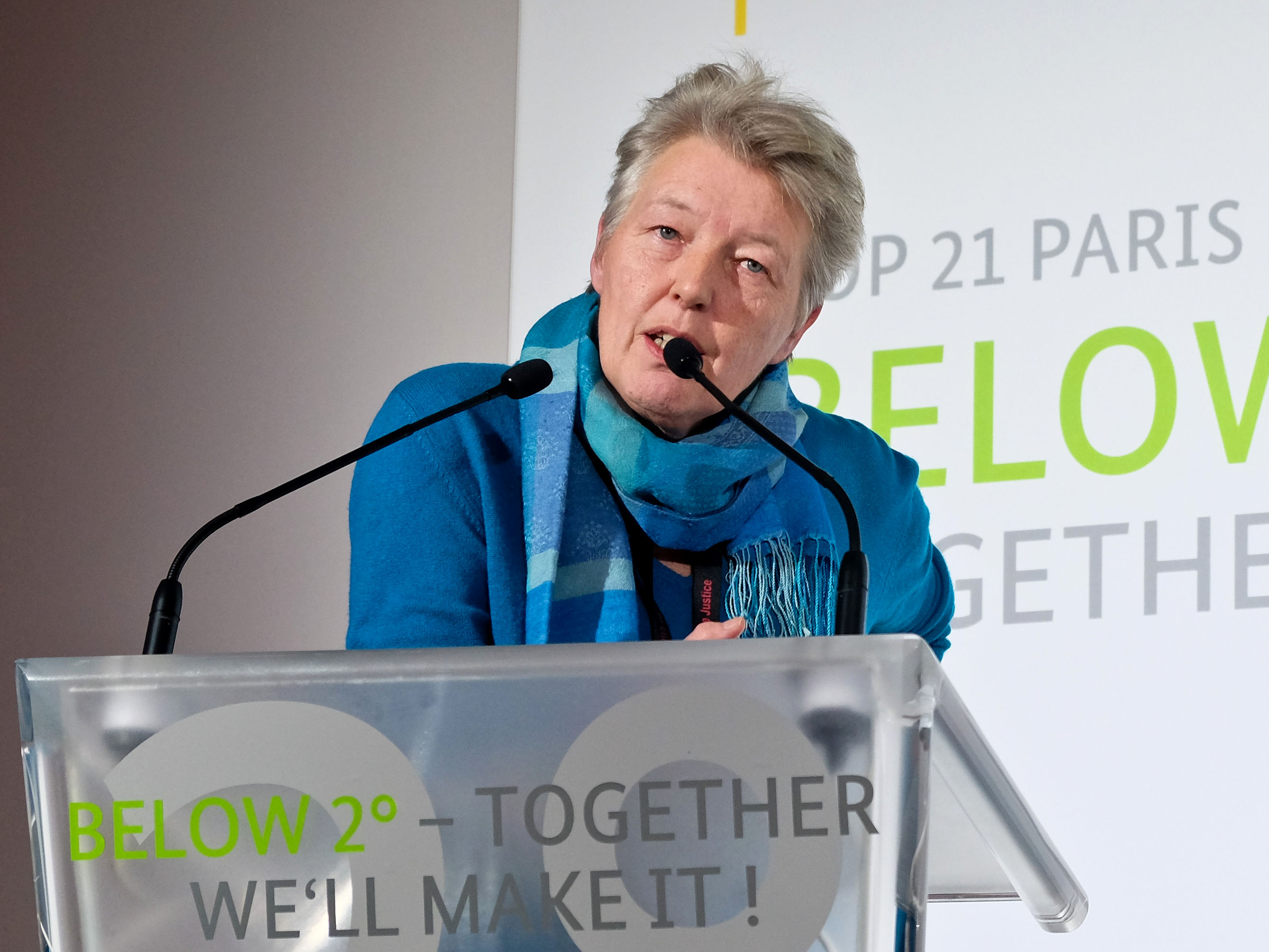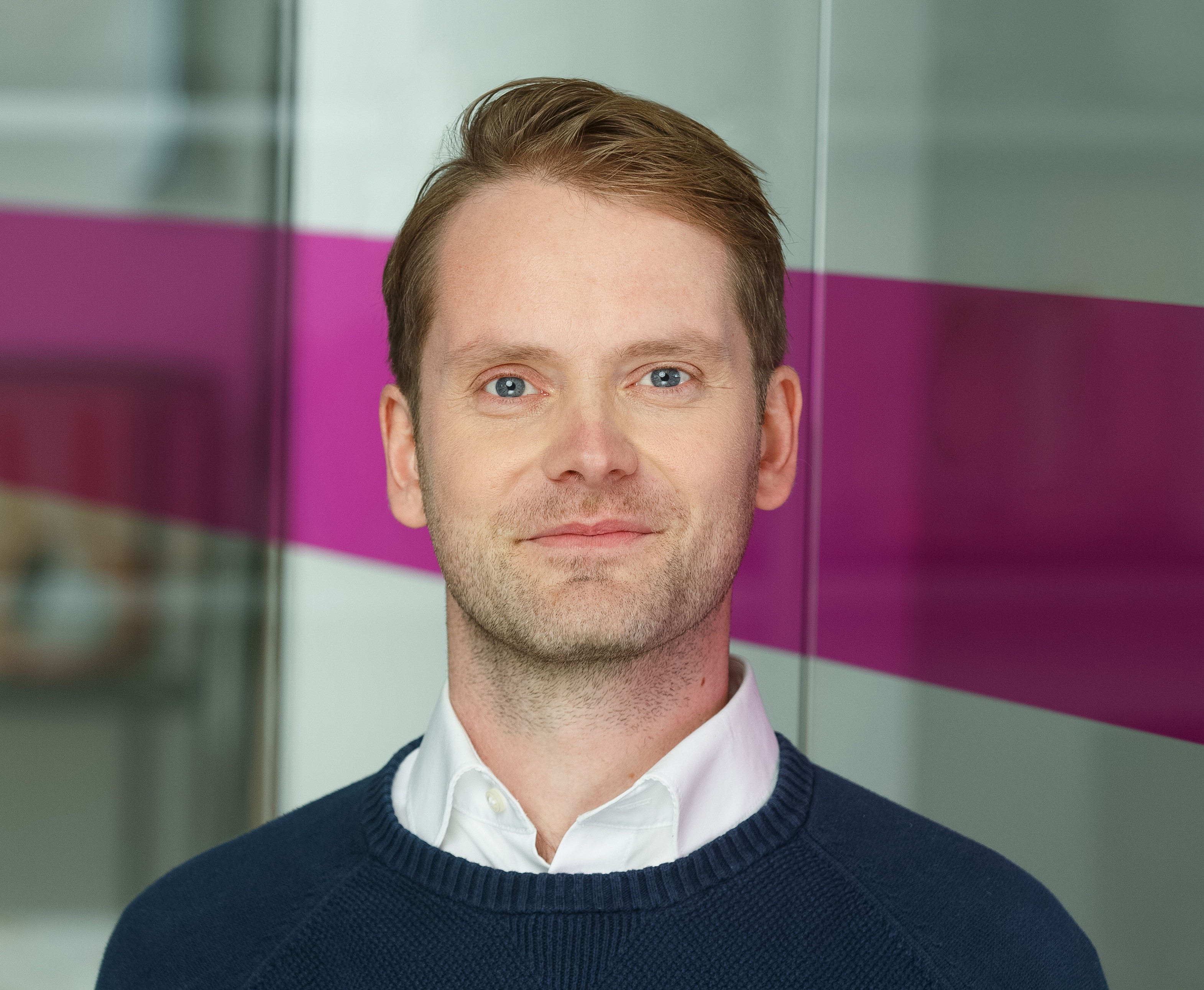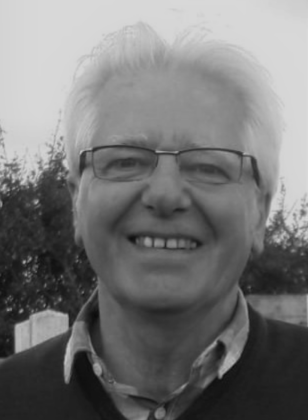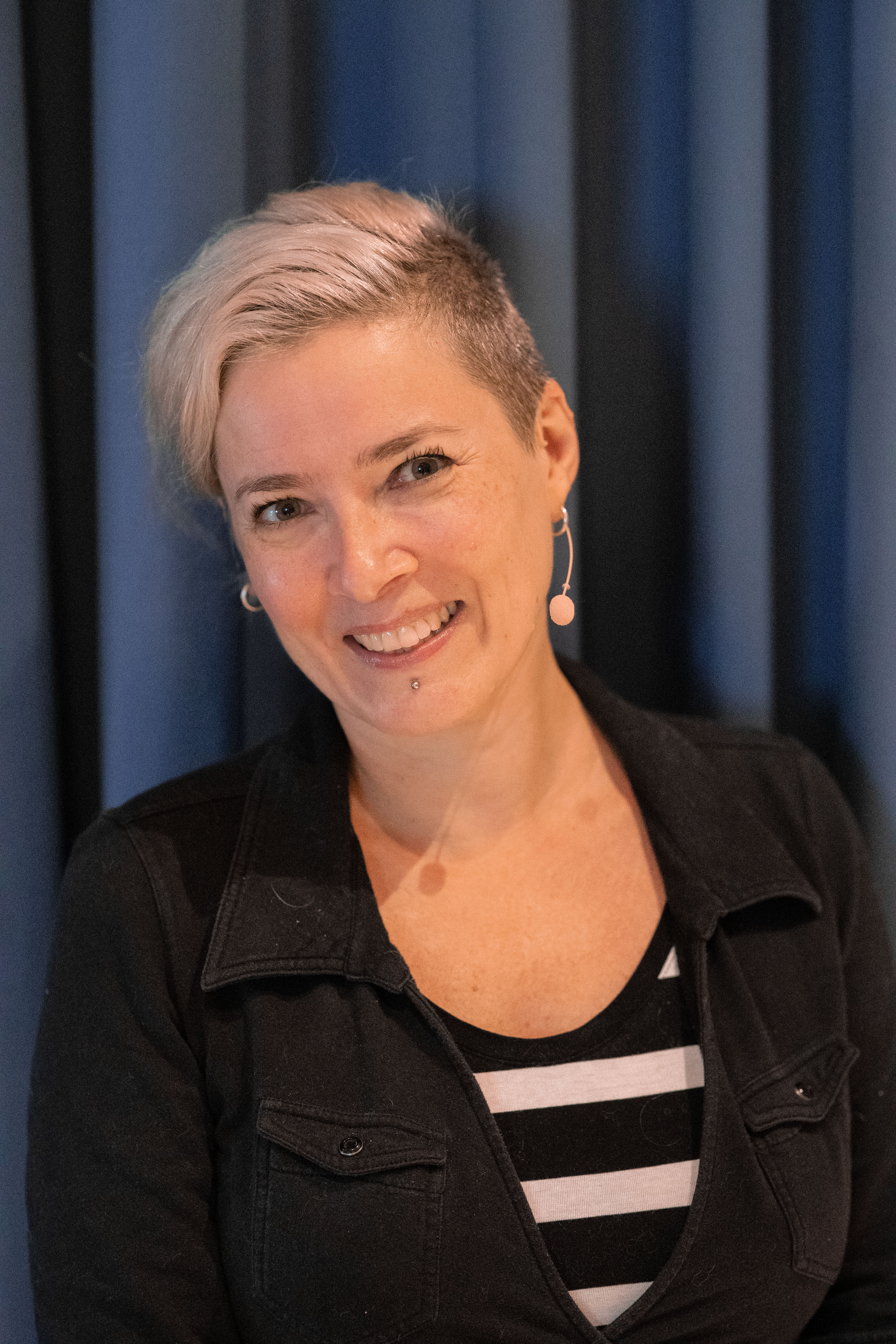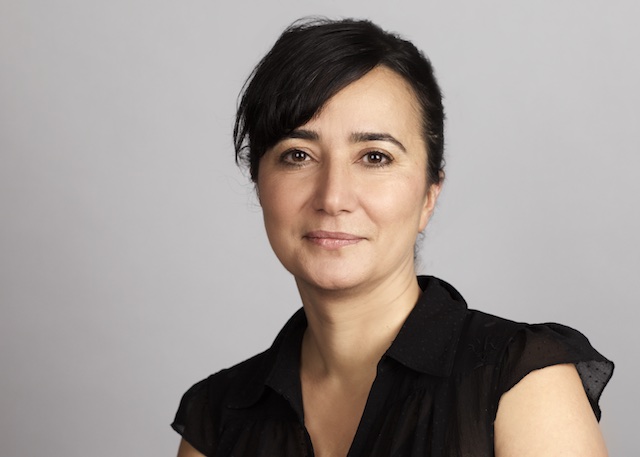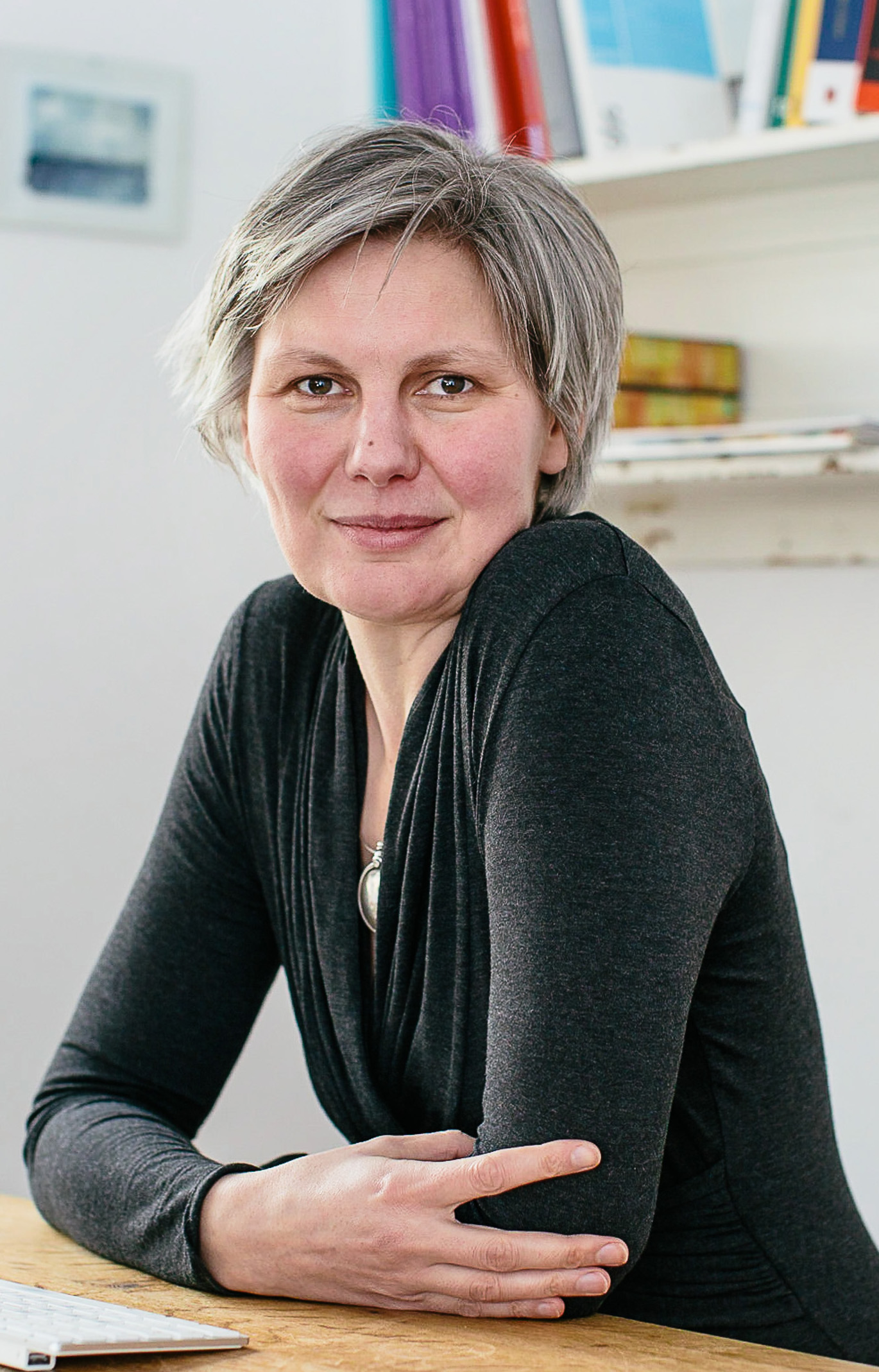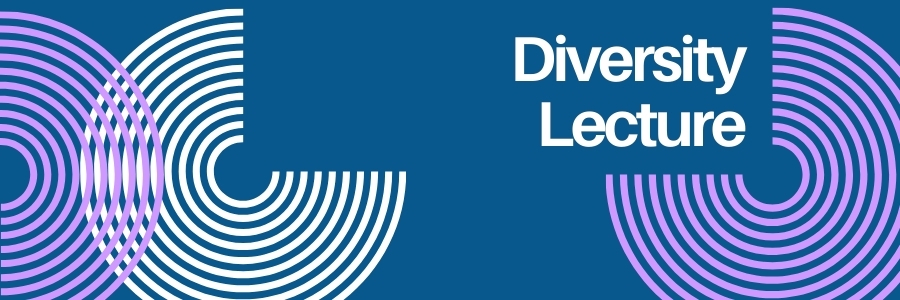
UFZ Diversity Lectures
The UFZ DEI Lecture series provide insights into key topics relating to diversity, equity, and inclusion.
Events
| 09.03.2026 |
Rethinking leadership in science - Responsibility and Collaboration Speaker: Helene Wolf Opening Remarks: Dr. Sabine Matthiä This talk looks at how traditional leadership concepts influence the working culture in science and the areas of tension that arise from hierarchical dependencies and professional authority. At the same time, it will highlight perspectives on what a feminist leadership culture in research institutions could look like in practice – with a focus on practicality and transferability to everyday working life. The event is aimed at managers at all levels, employees with and without leadership responsibilities, and anyone who would like to play an active role in shaping work and leadership culture. Come and share your perspective!
Registration
|
||||
| 11.02.2026 |
Women in (Citizen) Science – Perspectives from Medicine and Biodiversity Research Speakers: Elisabeth Kühn & Dr. Sarah Weschke On February 11, the International Day of Women and Girls in Science draws attention to the fact that scientific progress is closely linked to issues of participation and equal opportunities. Despite many developments, challenges remain in terms of visibility, recognition, and equal participation of women in science, especially in interdisciplinary and transdisciplinary fields of research. Making science more equitable therefore means not only reducing existing barriers, but also promoting new forms of research, collaboration, and knowledge sharing. The online lecture “Women in (Citizen) Science” focuses on women scientists working in medicine, environmental and biodiversity research, and at their intersections, and highlights the role of women in innovative, participatory, and transdisciplinary research approaches. Registration
|
||||
| 16.10.2025 |
What is intersectionality? And what does it mean for science? Speakers: Dr Aline Oloff & Prof. Dr Encarnación Gutiérrez-Rodríguez Science likes to view itself as neutral and objective. However, who conducts research, whose voices are heard and what questions are asked are often influenced by societal power relations. Factors such as gender, origin, social status, disability or sexual orientation do not act in isolation, but interact with one another – this is precisely where the concept of intersectionality comes in. Intersectionality reveals that inequalities in science are not merely additive, but interact with one another. This perspective not only provides a deeper understanding of barriers, but also opens up new avenues for more equitable structures in research and institutions. We addressed these questions in the first Diversity Dialogue with two keynote speeches and a panel discussion. Further material on the topic
|
||||
| 25.10.2024 |
Climate Justice - Quo Vadis? Power critical perspectives on sustainable change Speakers: Tatu Hey and Nene Opoku What is the threat of a lack of intersectionality in the prevailing climate discourse? Which images and solutions are created when the voices and stories of racialised people continue to be marginalised? If we do not include a criticism of power structures such as colonialism, capitalism, racism (the list goes on) in our perspectives, we cannot create just and ecologically sustainable societies. So what are climate-just alternatives that prevent social injustices from being further reinforced? Lecture Slides (Intranet) Further material on the topic
|
||||
| 06.09.2024 |
Climate Justice - Quo Vadis? Gender aspects of climate change - Solutions in climate policy Speaker: Gotelind Alber Climate change affects us all, but not all equally. Its consequences and causes are unevenly distributed, also between the men and women. How are these inequalities explained and what impact do they have on the lived reality of women and girls? How can climate policy be shaped so that it not only recognises inequalities but also helps to combat them? And can a more inclusive and effective climate policy be achieved through gender equality work? Lecture Slides (Intranet) Further material on the topic
|
||||
| 01.12.2023 |
Sexualized Discrimination in the Context of Science Speaker: Dr. Clemens Striebing Sexualized discrimination in its manifold manifestations does not stop at the scientific community. In order to effectively counteract discrimination and prevent it in the future, we first need clarity: What is the extent of sexualized discrimination in the context of science? What is involved and where does discrimination begin? Which manifestations are typical for the scientific context? How do we create the impression that we do not have this problem? What role do existing or missing reporting possibilities, (personal) dependencies and uncertainties play in preventing and combating sexualized discrimination? What can you do as an affected person, a bystander, an organization or an unwitting perpetrator? Materials on the topic Presentation slides [Intranet] Dealing with sexualized discrimination can evoke unpleasant memories and unwanted feelings. Unfortunately, our team is not professionally trained in this regard. Here you can find professional help: Download: Contact points for affected persons Dealing with Conflicts at UFZ Contact form of the Equal Opportunities Officer
|
||||
| 06.06.2023 |
BIAS Film Screening and Discussion Robin Hauser (director and producer), Dr. Stephen James (Washington State University), Prof. Dr. Immo Fritsche (University of Leipzig) and Anna Becker (University of Leipzig) They will engage the audience in conversation about unconscious bias. The 55-minute documentary film, "Bias," is about biases that define our lives and are found in a wide variety of settings - in our personal lives, in the workplace, in law enforcement, and in the military. Diversity Lectures - Leipzig Science Network |
||||
| 22.05.2023 |
Men and Masculinities - Change & Chance Speaker: Prof. Dr. Jeff Hearn The high cost of our current image of men makes other forms of "being a man" increasingly important - not only for women, queer people, society and science, but also for men themselves. With this lecture, we want to raise awareness of the far-reaching significance of the image of men, strengthen the diversity of masculinity and thus ultimately promote the full development of one´s own potential. Materials on the topic Presentation slides [Intranet] Masculinity and gender equality
|
||||
| 08.03.2023 |
The dependence of women Speaker: Dr. Meike Stoverock March 08, 2023, has the motto: "Embrace Equity" and calls for a world without stereotypes and discrimination - an equal world. The lecture highlights the gender-biased system of our patriarchal society. It also highlights the resulting dependency or keeping women dependent due to the system. However, the lecture also shows what possibilities we have as a community, as individuals, and as a research institution to counter the gender-distorting system. Materials on the topic Presentation slides [Intranet]
|
||||
| 06.05.2022 |
Structural racism in science Speaker: Nursemin Sönmez The lecture highlights the causes and manifestations of individual, institutional and structural racism in everyday life and in the workplace, especially in educational and research institutes. The lecture also shows the possibilities we have as a community, as individuals and as a research institute to counter the different forms of racism. Materials on the topic Presentation slides [Intranet]
|
||||
| 07.03.2022 |
Women and Money Speaker: Dr. Ulrike Spangenberg The lecture illustrates the role of money regarding a women's independence and their position in our society. It shows how structural issues interact with individual decisions which lead to the unequal distribution of income and assets. Materials on the topic Presentation slides [Intranet]
|

